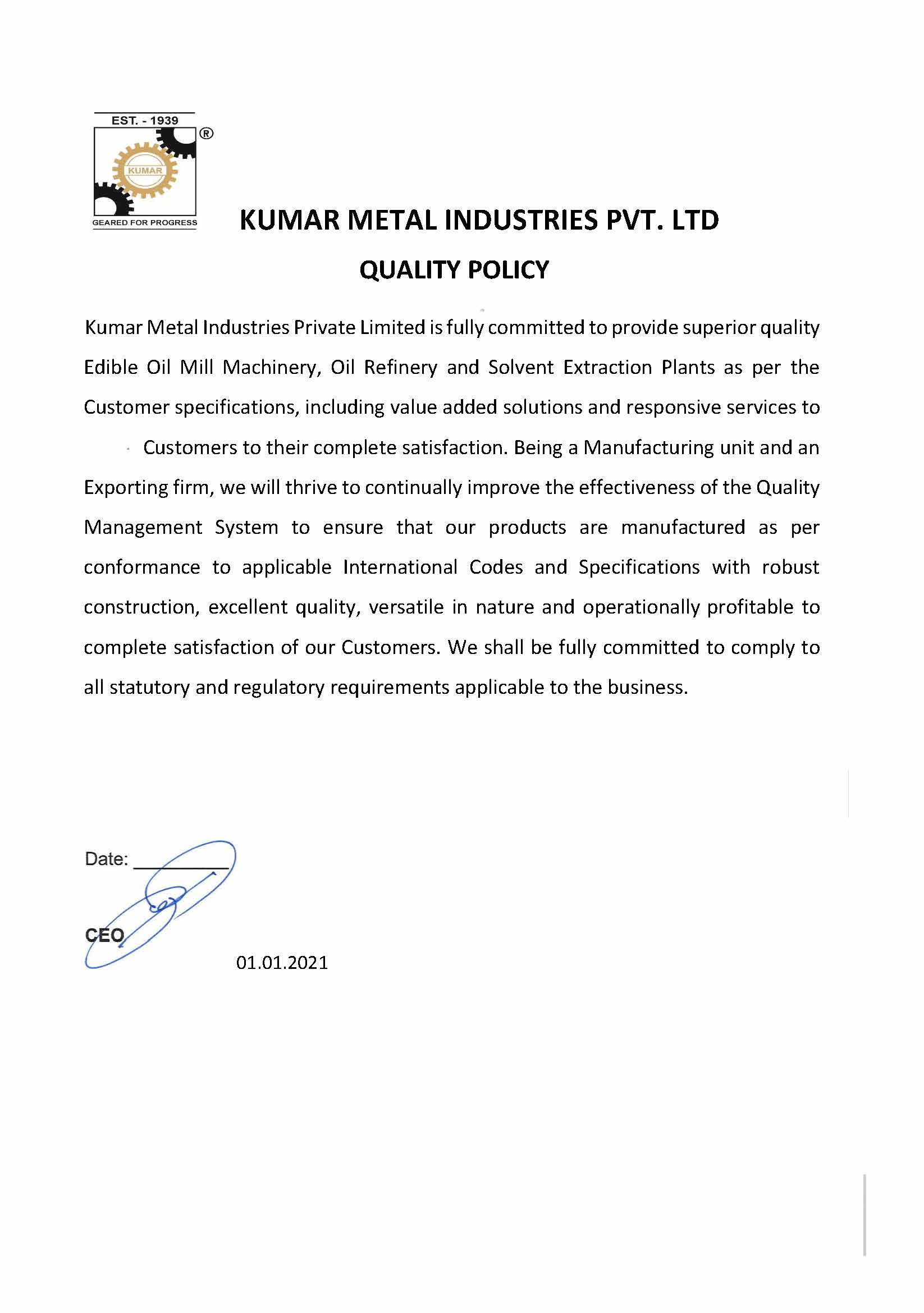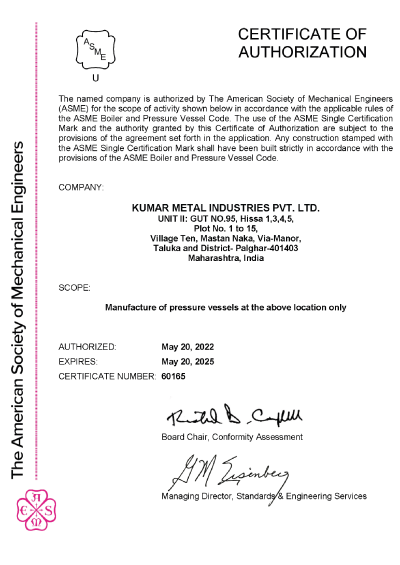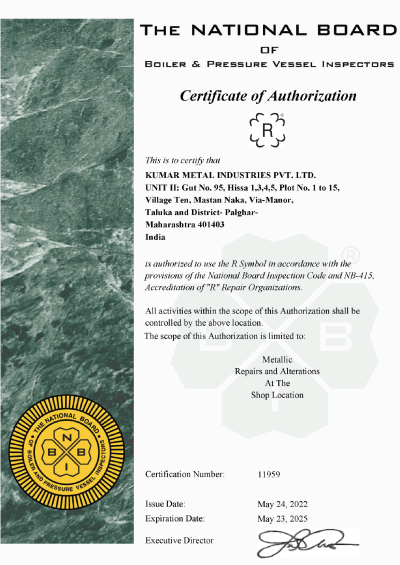
The global edible oils market is expanding at a steady pace. As the demand for high-quality edible oils increases, so does the demand for higher processing capacities. This presents a unique opportunity for EPC (engineering, procurement, and construction) companies to work on projects of varied scales across product types and geographies. More importantly, it gives them the privilege and responsibility to contribute substantially to energy efficiency and waste management problems to effectively minimise carbon footprints in the edible oils market.
Kumar Metal Industries’ journey and experience offer many lessons for EPC companies seeking to enter and succeed in the edible oil market in India and beyond. This article provides a detailed look at the current state of the global and Indian edible oils markets as well as a blueprint for success for EPC companies.
The global edible oil market size
Compared to a base value of USD 464.48 billion in 2022, Grand View Research projects that the edible oil and fats market will grow at a CAGR (2023-2030) of 7.5% to create an edible oil market size of USD 831.10 billion in 2030. This growth in demand will be driven by growing awareness and demand for healthy oils, which are linked to reductions in rates of cardiovascular disorders, breast cancer, and other health conditions. The adoption of soybean oil, canola oil, and flax seed oil will also rise as omega-3 fatty acid-containing ingredients gain popularity for their superlative anti-inflammatory properties. As consumers worldwide transition away from trans fats due to health concerns, this edible oil industry analysis expects vegetable oils to take centre stage.
In 2022, the edible oils market generated a revenue of over USD 350.12 billion, accounting for a volume of 210,308.26 kilotons of oil. While these numbers account for sunflower oil, soyabean oil, olive oil, coconut oil, and a vast range of other edible oils, the palm oil segment claimed the lion’s share of the edible oil market size. Its high revenue share can be attributed to its being an important source of nutritional constituents like vitamin E, selenium, magnesium, and phytosterols.
The edible oil market in India
With 32.4% of global revenue share, the Asia Pacific region led the global market in 2022. Driven by growing urbanisation and increasing disposable incomes in emerging economies like China, India, and Bangladesh, the market here looks promising. Meanwhile, in Europe, a robust CAGR will be underlined by the widespread use of specialty oils like olive oil, consumed widely as part of the Mediterranean diet in Spain, Italy, and France.
Particularly, the edible oil market in India shows great promise. Maximise Market Research’s edible oil market report estimates that it was worth USD 3.54 billion in 2020, with projections that total revenue will grow at a CAGR of 6.82% between 2021 and 2027. This will take the edible oil market size to USD 5.72 billion in 2027. In terms of volume, the IMARC Group estimates that the edible oil market in India accounted for 24.7 million tonnes in 2023, with projections that the market will reach 27.9 million tonnes by 2032.
Any edible oil market report will tell you that the opportunity in India is massive. India is the world’s largest importer of edible oils. At present, the country also offers a lower import duty structure on crude palm oil, crude sunflower oil, and crude soy oil. Domestically, groundnut, sesame, linseed, and castor are the crops mainly cultivated for oilseeds. Soybean, sunflower, and coconut are also major contributors to the overall market, while rice bran oil and cottonseed oil lead the market in non-conventional oils. To boost local production, the Indian government has launched initiatives like the National Mission on Edible Oil (NMEO) to enhance oilseed production, increase the domestic availability of edible oils, and reduce the country’s import dependency.
A roadmap for EPC companies: Where to begin? Oil varieties and processing technologies dominating the edible oils market
EPC companies looking to make the most of the edible oils market growth cannot ignore the crucial role played by palm oil and soyabean oil.
Given its extremely diverse uses, palm oil is one of the largest vegetable oils being produced in terms of global volumes. This translates to an emphasis on palm cultivation as well as processing capacities, both of which are the largest in the edible oils market. Palm oil can be found not only in kitchens and the food processing industry but also in chemical and other industries like specialty chemicals, oleochemicals, toiletries, cosmetics, and other consumer products. Palm oil and its derived products are also the biggest source of modified fats like bakery shortening, cocoa butter substitutes, margarine, and mayonnaise.
Processing technologies for palm oil have kept up with growing demand. While about a decade ago, individual project capacities used to be in the range of 200 to 300 tonnes per day (TPD), today, palm oil industry installations boast of plants with almost 10x per day and per hour capacities. Industry players have been installing plants with 2000 to 3000 TPD refining capacity.
While extremely high demand has rightfully brought up sustainability concerns, the world’s dependence on palm oil and its related products makes it difficult to reduce consumption. Even as the world seeks alternatives to this in-demand oil, there are important benefits to palm oil, namely its major use as a raw material in biodiesel manufacturing – an industry that is set to grow steadily as the world transitions away from fossil fuels.
Meanwhile, soyabean oil is also a crucial market for EPC companies to target. Soyabean is a major source of edible oil. While it has a roughly 18-20% oil content, it has a 35-40% protein content in its seed. This means that soybean oil processing can generate numerous value-added products to meet protein demands, be they for poultry and animal feed or for human consumption.
Beyond oil extraction and refining: A wider opportunity for EPC companies supporting the oils and fats industry
EPC companies that want to make their mark in the industry must expand their scope of work to go beyond only oil extraction and refining. There are a number of downstream products that come out of the oils and fats processing industry. Whether it is biodiesel and specialty chemicals or consumer products like soap and cleansing agents, the edible oils industry has a major role to play. Especially as concerns about hygiene and environmental health increasingly occupy consumers’ minds, the demand for value-added products in the edible oils market will witness consistent growth.
Worth noting here is the potential of the biodiesel market. As the world gets warmer, our air gets more polluted, and non-renewable energy sources deplete, renewable energy is emerging as a growing global concern. Beyond the focus on wind and solar energy (which are naturally captured), there is a growing market for renewable fuels, particularly biodiesel, bioethanol, and bio-CNG/biogas (which require processing technologies for their production). While raw material availability remains a challenge, supporting mechanisms instituted by governments around the world and in India have opened up structured avenues (like investments in the agricultural sector) to ensure raw material availability.
These downstream products present crucial opportunities for EPC companies specialising in the oils and fats industry. Given their substantial contribution to both bottom lines and sustainability, every EPC company’s edible oil industry analysis should factor in such allied industries when seeking to maximise reach.
Sustainability: A non-negotiable in today’s world
For EPC companies providing turnkey solutions to players in the edible oils market, sustainability must be embedded into the process every step of the way. From project conception to execution to kickstarting operations, you should focus on lowering OPEX via reduced energy consumption and waste generation – both these process improvements result in great reductions in carbon footprints. At Kumar, energy efficiency and effective waste management guide every effort in project delivery.
Most of our projects now operate with zero effluent discharge systems, also called zero liquid discharge or 0 LD. In such system designs, all the water that is used or the wastewater generated during processing is treated when necessary and reused in plant operations. We have seen such systems also lower initial water input requirements as so much recycled water gets redirected into the process. These kinds of integrations are present and have tangible impacts across our extraction, refining, oleochemical, and biodiesel projects.
Second, we at Kumar also focus on making all the plants we deliver energy efficient. Ideally, we reduce the total amount of energy required by a particular process. However, in past years, the industry wasn’t as focused on this part of the design process, so we are also tailoring innovations to reduce energy wastage and ensure maximum utilisation of whatever energy is supplied to the system. Ultimately, we reduce energy consumption in situations where it’s possible; where it’s not possible, we find ways to reuse the energy expended in other processes.
Standing on the shoulders of giants: The power of strategic technology partnerships
Another important feature of the most successful EPC companies working in the vegetable oils industry is their strategic entry into partnerships. Kumar itself benefits from partnerships with leading global technology partners, including Crown Iron Works–USA and Europa Crown–UK, Anderson International Corp, USA, and Arisdyne. While we represent Arisdyne’s Controlled Flow Cavitation (CFC™) systems, we incorporate Crown’s advanced technology in designing, manufacturing, and supplying preparatory, extraction, and refinery equipment. With Anderson, our manufacturing license allows us to manufacture and sell Anderson Dox™ Extruders and Solvex™ Expanders in the Indian market.
Having been around in the industry for over 100 years, Crown and Anderson are pioneers in developing processing technologies. We have been able to deliver value to our customers in large part because our partners focus deeply on creating efficient, robust, and sustainable systems, with an emphasis on optimising energy consumption. Their designs are leagues ahead of most other industry players. As a leading EPC company in India, we have been fortunate to use these partnerships to improve our capabilities, design standards, quality of deliverables and most importantly, our attitude towards project delivery, helping us take things to the next level for our every customer.
Never resting on old laurels: Continuous research and innovation
Ultimately, the hallmark of a successful EPC company navigating the global edible oils market is a refusal to rest on old laurels. In keeping with this fighting spirit, we at Kumar have established the OM Innovation Centre, through which we have constantly innovated and provided our customers with effective, efficient, and cutting-edge technology solutions.
When we established the Centre, some customers expressed interest in entering the shea butter processing industry. Our research team doubled down on studying shea butter extraction, refining, and value-added products. Ultimately, our optimisation of the fractionation process yielded one fraction which could be used as a cocoa butter substitute and others with highly specific applications in cosmetic formulations. In the time since, we have also developed our capabilities to execute similar processes for other edible oils and processes like sunflower oil, rice bran oil, the dewaxing or winterization process, and cold fractionation processes.
At the end of the day, our continuous focus on capabilities improvement has made Kumar an EPC company uniquely equipped to support customers operating in the edible oils market. We believe that dedicated resource allocation to innovation, especially concerning specific processing requirements, is a non-negotiable in any EPC company’s quest for success while navigating the global edible oils market.
Request a callback
Since 1939, Kumar has been delivering dependable process engineering solutions to the oils and fats industry. We're known for our robustly engineered, versatile, and operationally profitable plant and machinery. It's why customers all over the world depend on us to solve their processing challenges, big or small. If you'd like to know more about our solutions, please fill out the form below:
"*" indicates required fields



















